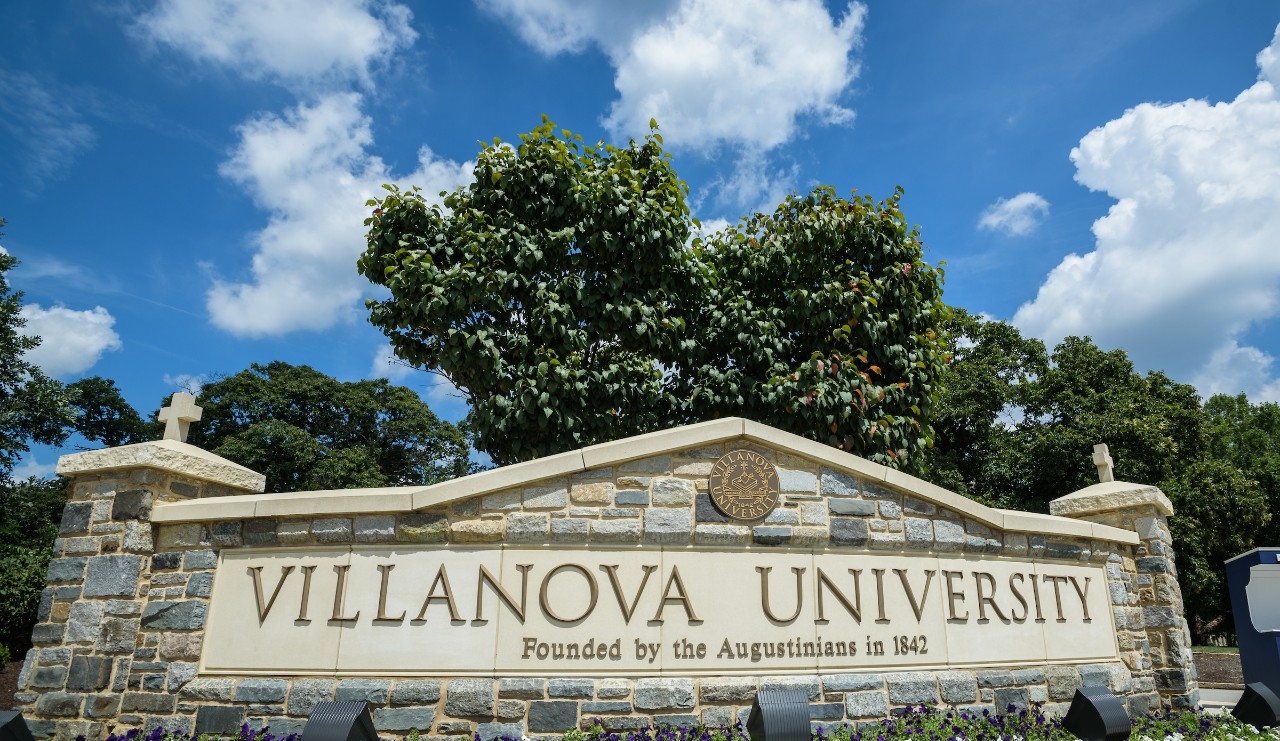MIDDLE STATES ACCREDITATION

Villanova University is accredited by The Middle States Commission on Higher Education (MSCHE), located at 1007 North Orange Street, 4th Floor, MB #166, Wimington, DE 19801. MSCHE is an institutional accrediting agency recognized by the U.S. Secretary of Education and the Council for Higher Education Accreditation.View Villanova’s current Statement of Accreditation Status (SAS).
The University's Middle States accreditation activities are led by James F. Trainer, PhD, Associate Vice President and Executive Director, The Office of Strategic Planning & Institutional Effectiveness, who serves as the University's Middle States Accreditation Liaison Officer (ALO).
MSCHE is an institutional accreditor within the United States. Although a voluntary practice, holding institutional accreditation from an accreditation agency approved by the U.S. Department of Education is a requirement for higher education institutions seeking to access federal student financial aid and other funding. Membership to MSCHE is incumbent upon an institution's compliance with the Commission's Standards for Accreditation and Requirements for Affiliation, and with other topical Commission policies. Visit
Part of the accreditation process serves to verify an institution's compliance with federal legislation, in particular, the Higher Education Opportunity Act (HEOA), which defines the process by which higher education institutions can access federal financial aid funding.
Villanova University's Final Self-Study Report is available for the Villanova community to read.
Within the Middle States region, accreditation is comprised of the following components:
Self-Study: An in-depth institutional analysis that takes place every eight years. The self-study requires the institution to review its programs, services, and operations with respect to Middle States standards and its own mission, and results in report documenting the institution's strengths and recommendations for self-improvement. This report is reviewed by a team of peer reviewers who may make recommendations of their own to the institution, and by the Commission.
Mid-Point Review: A process that takes place at the midpoint of the self-study cycle, requiring the institution to review its progress toward meeting the recommendations for improvement from its prior self-study, and address any other needs established by MSCHE during that process.
Annual Institutional Update: An annual submission of data and information about the institution, its students, and its programs, along with updates to MSCHE from prior self-study or mid-point reporting. The University’s Accreditation Liaison Officer ALO submits this information to MSCHE each spring.
Within each of these three processes, institutions are required to document compliance with several accreditation-related aspects of federal legislation, including specific elements of the Higher Education Opportunity Act (HEOA). The Office of the Vice President and General Counsel and other units across campus monitor and document these and other HEOA compliance initiatives on a regular basis.
There are a number of other policies that are part of MSCHE Requirements for Affiliation. One of these policies requires that institutions, under certain circumstances, submit a proposal for substantive change when seeking to offer, for example, a new program delivery location, or degree level. These types of changes must be approved in order to fall under the scope of the institution's accreditation. Section IV of the MSCHE Substantive Change Guidelines covers the types of changes considered to be substantive and therefore require Commission approval before the change is effective. Academic departments planning the development of a new program, delivery location, or degree level should contact Stephen Sheridan, Director for Accountability, Accreditation & Assessment Services in the Office of Strategic Planning and Institutional Effectiveness to determine if the nature of this proposed new offering requires prior approval by Middle States.
In addition to institutional accreditation through Middle States, a number of academic programs at the University maintain disciplinary accreditation at the program level. These are important markers of program quality and rigor. For more information about these accreditations, their cycles, standards, and processes, view the Institutional Accreditation Information.
